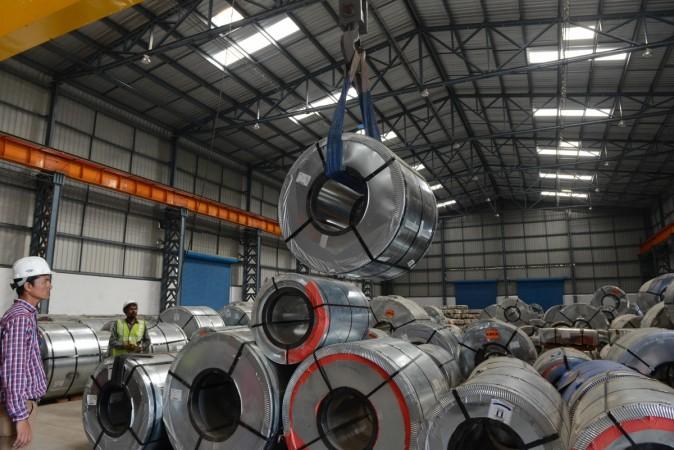
The World Trade Organization (WTO) has asked India to retroactively roll back its safeguard duty on steel imports following a Japanese challenge. The decision could set a precedent affecting New Delhi's trade ties with other steel producers including European Union and China, sources say.
The safeguard duty that India imposed initially for 30 months and whose validity ended in March did not meet WTO standards for imposing such protective tariffs, the ruling by a key dispute panel in Geneva said on Tuesday. The ruling is subject to appeal by either party within 60 days beyond which it takes effect.
New Delhi had initially set 20 percent duty on steel imports in the first 12 months, gradually bringing it down to 10 percent in the last six months.
The ruling, which can be appealed by either side, said New Delhi had violated WTO rules and urged it to initiate retroactive corrective action, though the disputed tariff regime ended in March.
Tokyo went to the WTO in 2016 challenging the emergency tariff that New Delhi imposed on steel imports. WTO members are allowed to impose such duty to shield their vulnerable industries against the threat of damaging import surge. India set the duty at 20 percent for the first year and brought it down to 10 percent in the final six months.
"The panel's ruling says that safeguard levies should not be imposed easily unless they are in agreement with WTO rules," said Keiji Hattori, a senior official in Japan's Ministry of Economy, Trade and Industry's trade policy bureau. "This case can be treated as a precedent in all similar cases."
India's steel ministry is yet to react to the setback from this important ruling.
Stringent criteria dictate the use of safeguard tariffs and the panel said the reasons New Delhi cited did not meet the requisite standard. New Delhi failed to prove any surge in steel imports by presenting objective data.
Some industry sources believe India exposed itself to such WTO action by opting for the safeguard tariff instead of raising the regular tariff on iron and steel products. The latter would have been within WTO norms, they point out.
India's import of hot-rolled coils, mostly used in automobiles, construction industry and heavy machinery, from Japan, totaled 56.84 billion yen ($502 million) in 2014. But the value dropped sharply after the new set of duties on some hot-rolled flat steel products came into effect from September 2015.
India has been worried about the raging US-EU war over steel import tariffs with steel ministry officials expressing concern early this year.
The US imposed 25 percent import duty on steel imports that kicked in from August 4. The official said the country is closely watching the developments as about 6 percent of its steel exports were to the EU, particularly Italy.

















